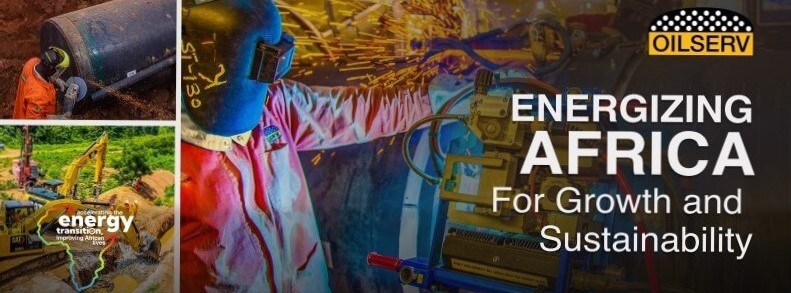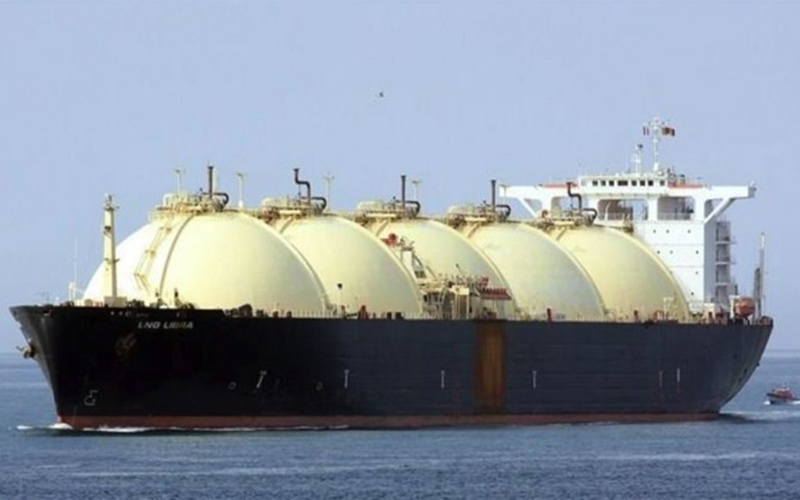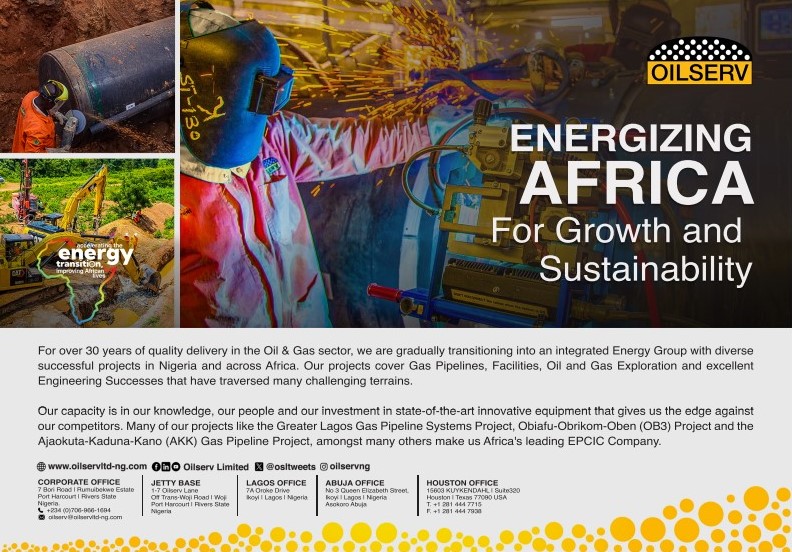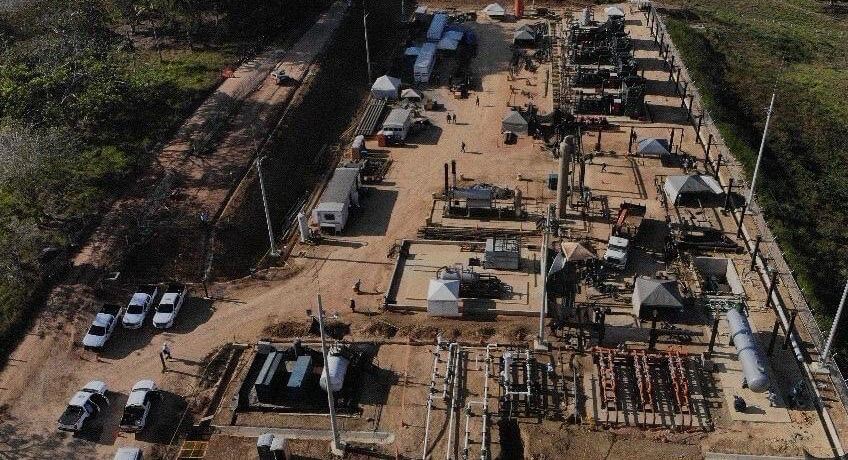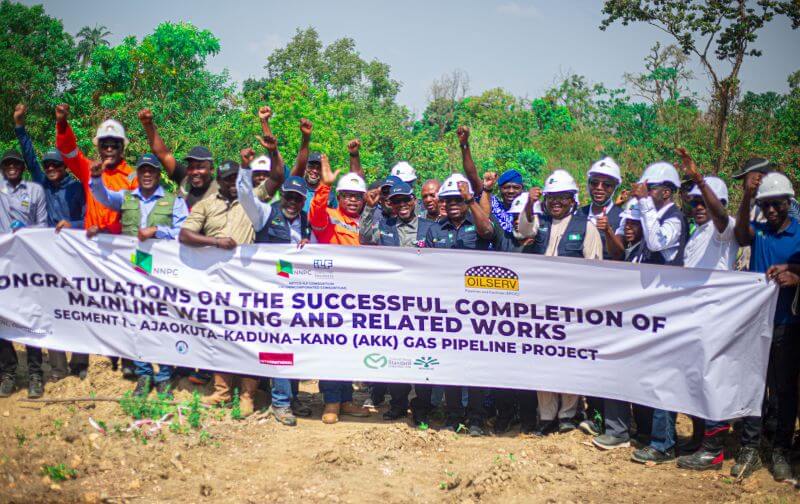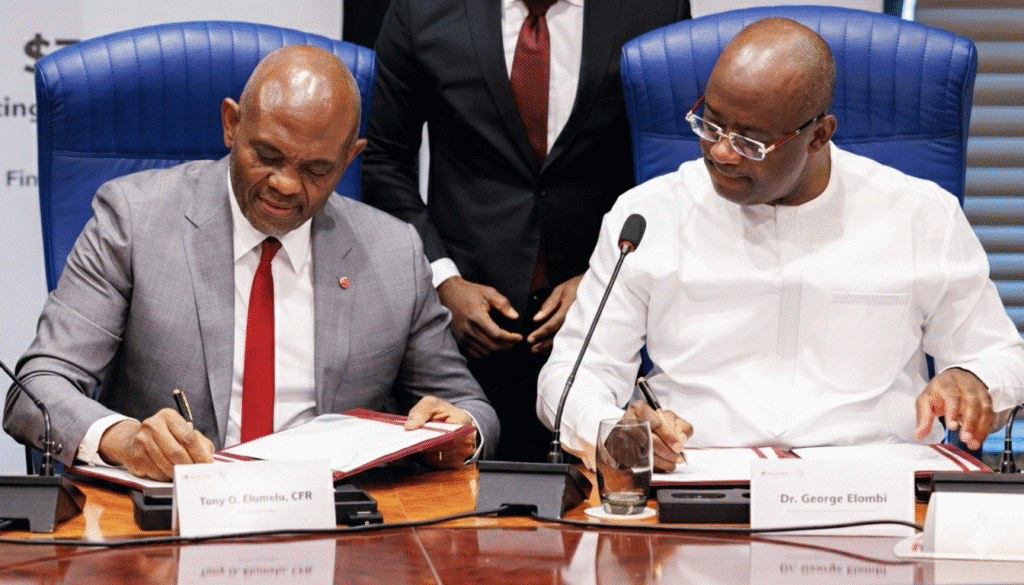
The Nigerian government has reiterated its commitment towards global net-zero emission affirmation of being part of the signatories to the Paris Climate Accord. The assurance this time around is coming from the nation’s Vice President, Prof. Yemi Osinbajo and he stated this during the recently held Federal Economic Council meeting in Nigerian capital city of Abuja.
He disclosed the Nigerian Federal Government’s plan to electrify the homes of 25 million Nigerians through the deployment of solar power connections electricity network as part of the country’s commitment in global pursuit to reduce the global green emission
‘The forthcoming deployment of the 5 million solar power connections, targeting 25 million households across the country under the Economic Sustainability Plan (ESP), reaffirms Nigeria’s commitment to the global green energy initiative.
.
“A just transition to net-zero emissions where gas as a fossil fuel is still supported, especially for those of us in this part of the world, is absolutely important, especially as it will enable us to phase-out more polluting fuels such as coal and diesel,” Prof. Yemi Osinbajo, said.
Nigeria is a country with abundant Natural gas reserves and a major player in the global LNG market. The country is currently involved in various massive gas investment projects among these are; Ajaokuta Kaduna Kano (AKK) Pipeline project which is being handled by Oilserv –Chinese companies’ consortium, Seplat ANOH gas processing plant project, Nigeria Liquefied Natural Gas( NLNG) Train 7 project among others.
Natural Gas is believed to play a major role in the current global transition energy scale owning to its low-carbon content, And its natural abundant in Nigeria is being projected by global energy analysts to replace future crude oil investment drilling project campaign in the sub-Saharan African region.
Nigerian Vice President Prof. Osibanjo further disclosed during the forum the importance of Nigeria abundant natural gas resource in the area of the government prevailing plan to convert most of country’s vehicles to Compressed Natural Gas ( CNG) powered engine and this will be equally extended to the industrial scale through replacement of most industrial diesel powered engines currently operating in the country industrial space to driven gas engines which invariably will reduce the green house gas emission to significant level as these areas of energy consumption contribute 80 percent of energy-related emissions
“A just transition to net-zero emissions where gas as a fossil fuel is still supported, especially for those of us in this part of the world, is absolutely important, especially as it will enable us to phase-out more polluting fuels such as coal and diesel,” Vice President Prof. Osibanjo, stated.













